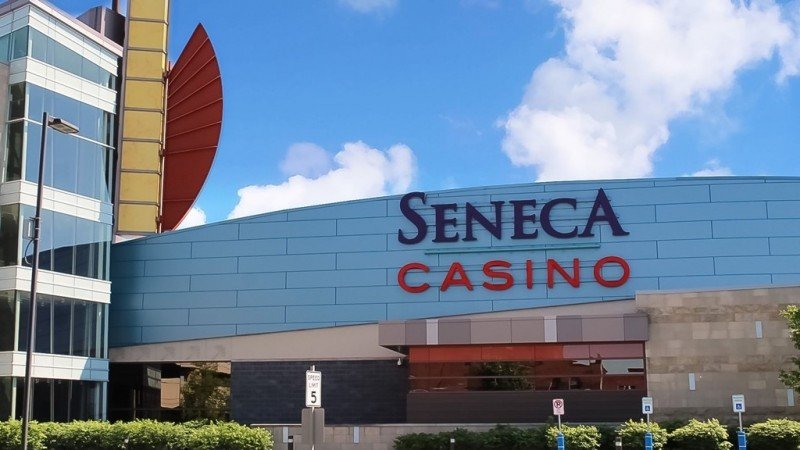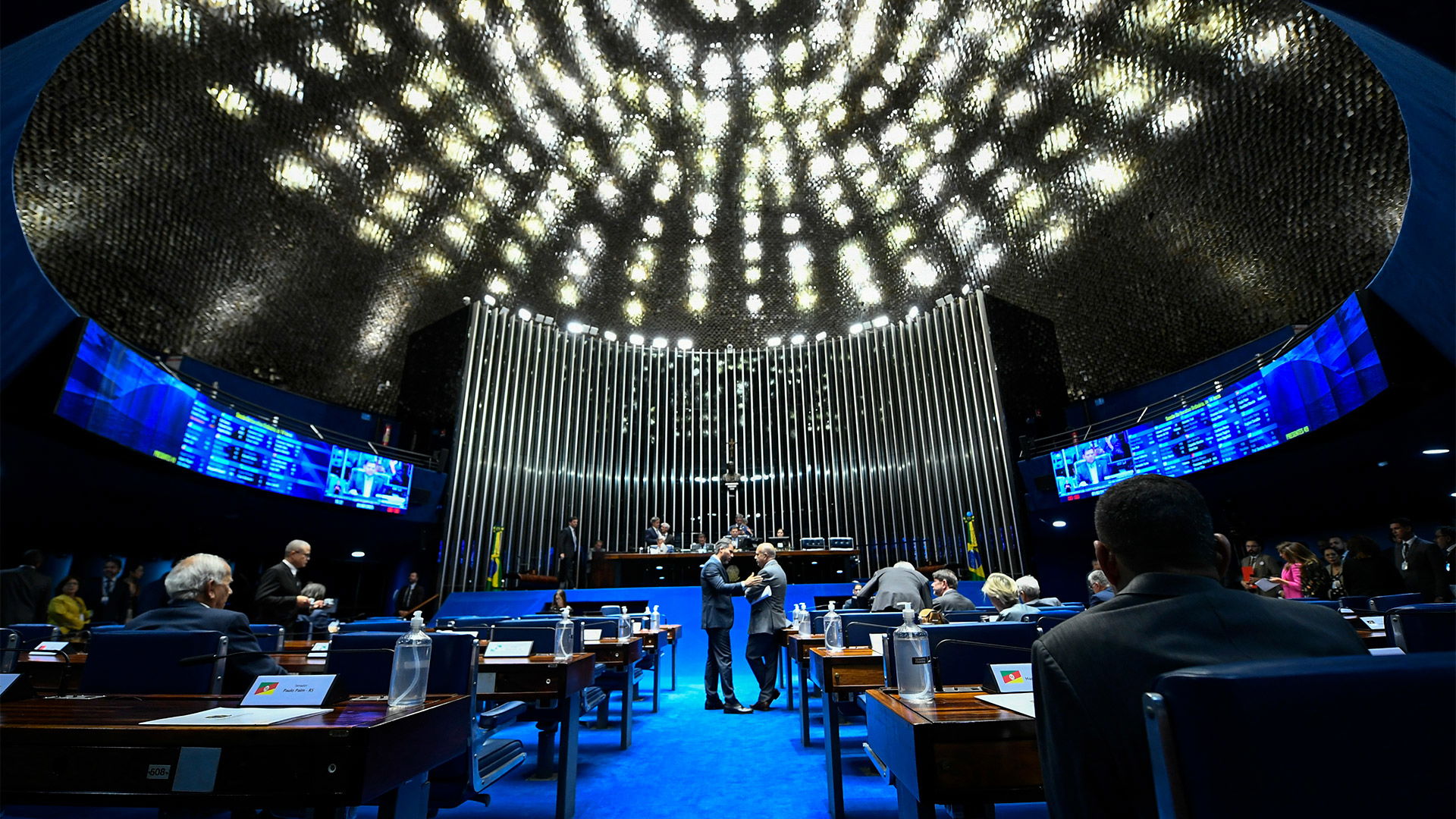US Interior Department calls to review compact payments between Senecas and NY state

The U.S. Department of the Interior has called for an investigation into a long-standing legal battle between the Seneca Nation of Indians and the state of New York, regarding their gaming compact. It is being claimed that a $470 million judgement placed against the tribe violates federal laws.
Lawyers for the Senecas filed a motion last week with the U.S. District Court in Buffalo to halt enforcement of a judgment that states the tribal nation should make payments accumulated since annual casino revenue sharing with the state ceased in 2016, reports The Buffalo News.
In February, the U.S. Second Circuit Court of Appeals upheld a lower court’s decision siding with New York, with the panel ruling that the Senecas were required to continue making payments during the automatic seven-year extension. The opening of the new inquiry is a potentially significant step for the tribe.
The court request by the tribe comes after letters were written by federal officials raising concerns about whether the state should be able to continue receiving casino revenue sharing payments, one by Bryan Newland, assistant secretary of the U.S. Department of Interior for Indiana Affairs, and a second one by Thomas Cunningham, chief compliance officer at the National Indian Gaming Commission.
Newland wrote to the National Indian Gaming Commission expressing “serious concerns” over the dispute that the automatic, seven-year renewal of the compact, commencing in 2017, was never reviewed by federal regulators to ensure compliance with the U.S. Indian Gaming Regulatory Act.
IGRA allows tribes to operate gaming on their sovereign lands, although for Class III casino gaming, the tribal entity must enter into a compact with the state: this agreement also must be approved by Interior officials.
In a different letter, Cunningham told Seneca Nation President Matthew Pagels that his agency and Interior believe the casino revenue payments could possibly violate federal law which states the tribe should maintain the sole proprietary interest in its gaming operation.
The question at the core is whether the tribal nation is required to continue making payments to the state: Seneca leaders consider the agreement to only call for payments to the state for the base years, reports The Center Square. New York, on the other hand, countered that the 25% revenue-sharing agreement was part of the extension.
Cunningham says the 25% split is a concern, as federal law notes states should tax tribal gaming to recoup costs to regulate, and if the state wants to earn more money, it should offer the tribal entity something in return. These benefits were present when the compact was signed in 2002, such as an exclusive gaming zone in the western part of the state.
“The state’s actions and the agreed upon 14-year period within which the tribe was to compensate it for them appear to be long since complete,” wrote Cunningham. But now revenue sharing is remaining unchanged.
Lawyers representing New York in the legal battle claim the submission of Cunningham’s letter represents new “manufactured” evidence. “It is past time for the Nation to honor its obligations under the DOI-approved Compact and the Judgement,” wrote Gregory M. Starner with White & Case LLP.
Starner further added that having exhausted all of its appeals, the Nation faces a “final and fully enforceable” Judgement which the Senecas are trying to delay in an effort to avoid “clear obligations under the law.”
The tribe believes further investigation could potentially lead to corrective action. The Senecas, in their court filing last week, asked the federal court to delay enforcement of its ruling in favor of the state while the commission review is conducted.

















